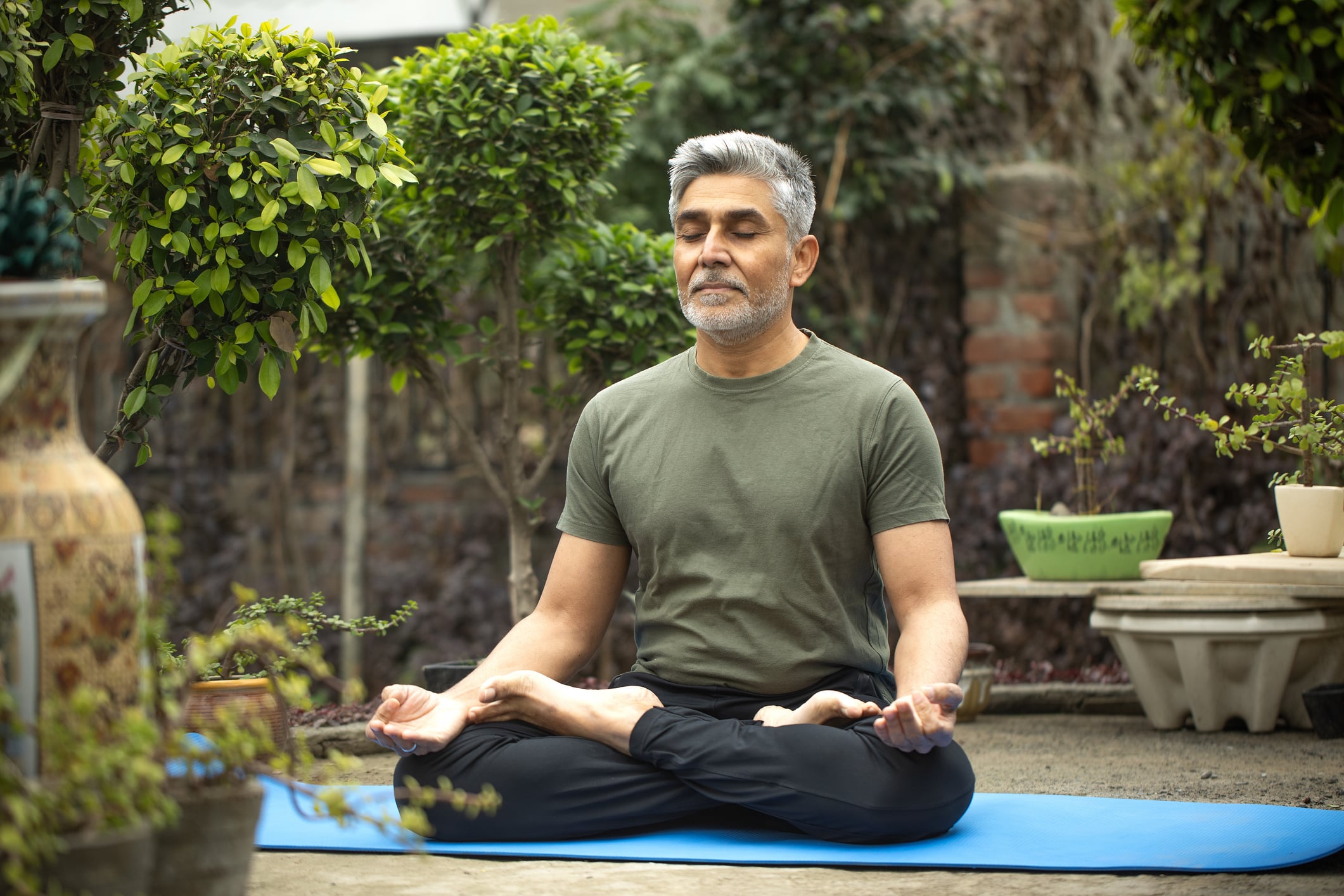CBT Made Simple:
Your Beginner’s Guide to Mental Mastery
Explore CBT for beginners at Black Horse Health. From understanding core techniques to working with therapists, discover how CBT supports lasting recovery.
From psychiatric care to holistic wellness, our Houston-based team brings together diverse expertise to provide accurate, compassionate, and personalized mental health, chronic pain, and addiction treatment.
What This Page Covers
- Definition of Cognitive Behavioral Therapy (CBT): CBT is a structured, short-term therapy that helps individuals identify and change negative thought patterns that influence emotions and behavior.
- Common Mental Health Conditions Treated: CBT is effective for anxiety, depression, trauma, OCD, and substance use, offering targeted strategies to manage symptoms and promote stability.
- Key CBT Techniques for Beginners: Tools like thought records, behavioral activation, cognitive restructuring, and exposure exercises help build emotional awareness and healthy coping skills.
- Role of CBT in Addiction Recovery: CBT supports sobriety by teaching individuals how to handle cravings, manage stress, and respond to triggers without returning to substance use.
- Personalized Treatment at Black Horse Health: We offer CBT in individual and group formats across all levels of care, supported by holistic services like yoga and art therapy.
Connect with Black Horse Health today to begin your mental wellness journey.
How Black Horse Health Makes CBT for Beginners Easy and Effective
At Black Horse Health in Houston, we know that starting your mental wellness journey can feel overwhelming, especially when you’re just learning about mental health tools like cognitive behavioral therapy (CBT).
Take the First Step Toward Mental Clarity
Discover how CBT for beginners works, what to expect, and how Black Horse Health can support your healing with evidence-based care. Don’t hesitate to reach out to our team for more information or to begin your journey toward mental resilience today.

What Is Cognitive Behavioral Therapy?
How CBT for Beginners Works: The Basics
Common Techniques Utilized in CBT for Beginners
Thought Records: Identifying and Analyzing Automatic Thoughts
- Capture the situation
- Note their emotional response
- Identify the thoughts that accompany it
Behavioral Activation: Reconnecting with Meaningful Activity
Cognitive Restructuring: Challenging & Changing Unhelpful Thoughts
- What is the evidence that this thought is true?
- What’s an alternative explanation?
- What would I tell a friend in this situation?
Exposure Exercises: Facing Fears Gradually and Intentionally
- Phobias
- Panic disorder
- Social anxiety disorder
CBT for Beginners in Mental Health Treatment
Depression
Depression often manifests through persistent feelings of hopelessness, worthlessness, and disconnection. These emotions are often fueled by negative thought patterns that distort how individuals view themselves, their future, and the world around them.
Trauma
Trauma disrupts the brain’s ability to process and integrate distressing events. Survivors may experience:
- Flashbacks
- Emotional numbing
- Heightened reactivity
- Intrusive memories
Reframing Beliefs and Reclaiming Agency
Obsessive-Compulsive Disorder (OCD)
OCD is characterized by unwanted, intrusive thoughts (obsessions) and repetitive behaviors (compulsions) intended to reduce the anxiety these thoughts provoke. CBT is widely recognized as one of the most effective and evidence-based treatments for OCD and related conditions.4
Challenging Beliefs About Responsibility and Threat
A core focus in CBT for OCD involves addressing exaggerated beliefs around danger, control, and personal responsibility. Individuals may fear that failing to carry out a ritual will cause harm or believe that simply having a disturbing thought is equivalent to acting on it.

CBT for Beginners in Addiction Recovery
Building Coping Skills
- Tolerate cravings
- Handle difficult emotions
- Respond to challenges in healthier ways
Increasing Trigger Awareness
Strengthening Problem-Solving
- Break down problems
- Evaluate options
- Take constructive action
What to Expect in a CBT for Beginners Session
- Changes in mood
- Notable situations that occurred
- Challenges faced while practicing new skills
Homework and Practice Between Sessions
- Writing down thoughts during stressful situations
- Experimenting with new behaviors
- Practicing specific coping strategies
Collaborative Goal-Setting
The Importance of Active Participation
- Honest communication
- Open-minded reflection
- Collaborative problem-solving
A Structured and Supportive Approach for Beginners

CBT for Beginners at Black Horse Health
Each treatment plan begins with a comprehensive clinical assessment, where emotional, behavioral, and psychological needs are identified. CBT is then adapted to target the individual’s specific thought patterns, behavioral tendencies, and coping style.
One-on-One and Group Therapy Settings
- Explore personal challenges
- Reshape thinking patterns
- Develop coping strategies in a confidential setting
Available Across All Levels of Care
In residential treatment, CBT for beginners forms a structured foundation for emotional stability and behavioral change. In both a partial hospitalization program (PHP) and intensive outpatient program (IOP), it helps individuals:
- Improve emotional regulation
- Enhance daily functioning
- Maintain momentum as they transition into greater independence
Holistic Support That Enhances CBT
At Black Horse Health, we combine CBT for beginners with a range of holistic therapies designed to nurture the mind and body. Yoga, aqua therapy, and art therapy are just a few examples of the integrative services that complement cognitive work.
These practices promote regulation, creativity, and physical wellness, helping individuals ground themselves, process emotions, and reduce stress in non-verbal, experiential ways.
Begin Your Wellness Journey Today
Take a Powerful Step Toward Change
Whether you’re exploring cognitive behavioral therapy for the first time or returning with fresh intentions, our team is here to walk beside you with care and expertise.
Reach out to us today and learn how CBT for beginners can lay a solid foundation for resilience, growth, and emotional well-being.
